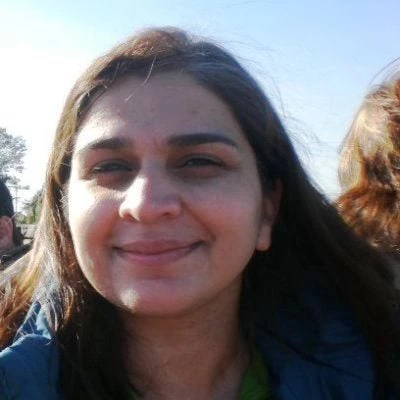
Photo © World Bank
GRAPH: Deaths due to Cardiovascular Disease, ages 45 + (% by sex, 2015)

While broader challenges, such as onset of non-communicable diseases (NCDs), may be similar among women and men, their outcomes vary due to physiological factors and social determinants that may influence them differently. Women have a longer life expectancy than men. Because of this, women are more likely to suffer from illness or disability related to aging for longer periods. For example, more women than men live with Alzheimer's and dementia in Vietnam, simply because they live longer.
Socio-economic barriers such as poverty and limited mobility – barriers that are generally steeper for women - can also negatively influence their health through restricted access and use of needed health services, even in cases where there is universal health coverage. Moreover, for women between the ages of 50 and 60 years i.e. when the majority is going through menopause, information about their healthcare needs, availability of a comprehensive package of services, which would include cancer screenings and regular mammogram checkups, and quality of care vary considerably. Finally, some older women provide informal and sometimes very intensive care for their parents, parents-in-law, or spouses, which can have significant impacts on their own physical and mental health.
Understanding these differences and barriers is important for policy and programmatic interventions aimed at women and men as they age. At the World Bank Group, an ongoing global study “WE CARE, WE HEAL” is looking at these very issues. The study, supported through the Umbrella Trust Fund for Gender Equality, focuses on two aspects of aging and elderly care from a gender-based perspective. WE CARE (Women’s Empowerment – CAregiving REgimes) aims to equip policymakers, especially in client countries with a growing elderly population, with evidence-based tools to inform the design of quality, integrated and affordable long-term care service provision systems; and WE HEAL (Women´s Empowerment - HEalth And Livelihoods) aims to strengthen the evidence base and operational knowledge on multi-sectoral interventions that support better health and livelihoods for women in their middle to late ages (45 years and above), with a special focus on those who themselves are informal care providers for their own family members or others.
Preliminary findings from the study highlight recurring issues of limited mobility, poor quality of care, and household poverty as barriers to women’s access to healthcare as they age. More needs to be done to address these issues in our interventions. From the health perspective, promoting better nutrition and healthy behaviors throughout the life cycle is important for better health outcomes in older age. Better dissemination of information about gender differences in aging healthcare needs and access to health services, as well as creation of a well-defined package of services aimed at women aged 50+ will go a long way towards ensuring that those who care for others receive adequate care themselves.
Watch this space for more from the study in the coming months!


Join the Conversation